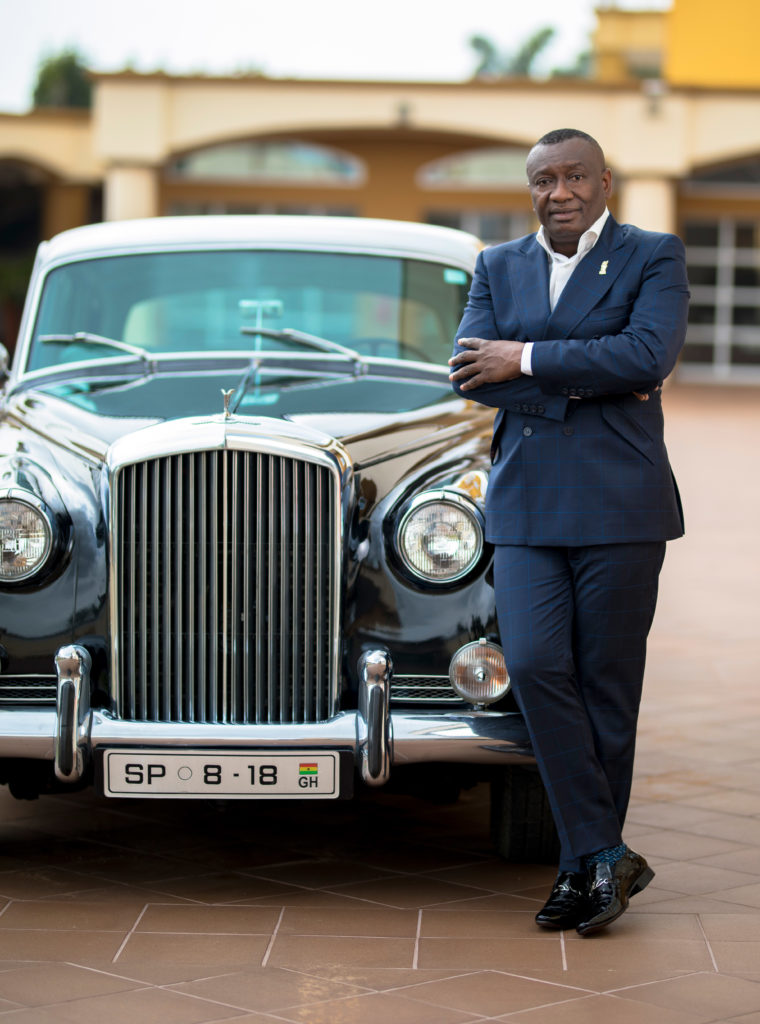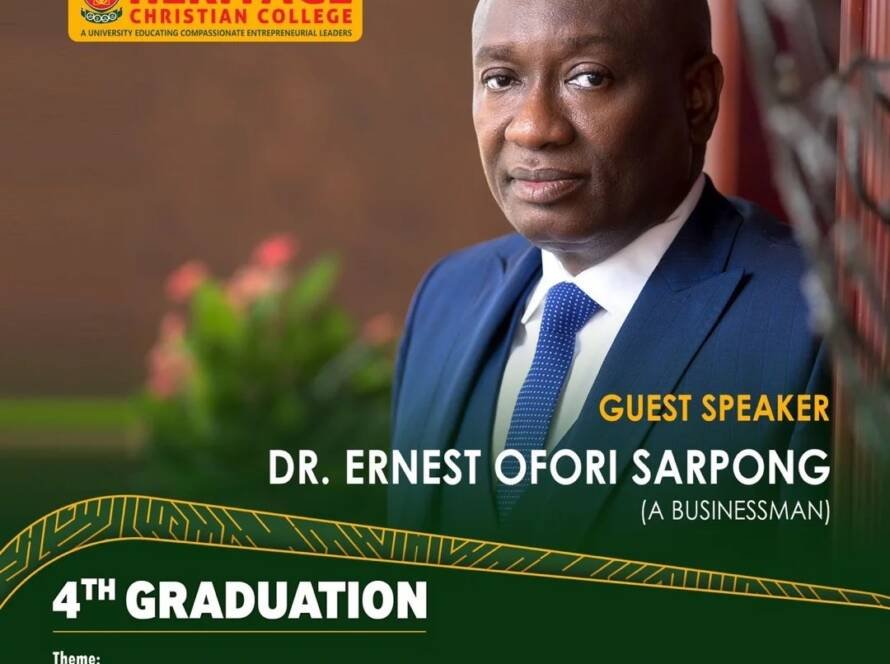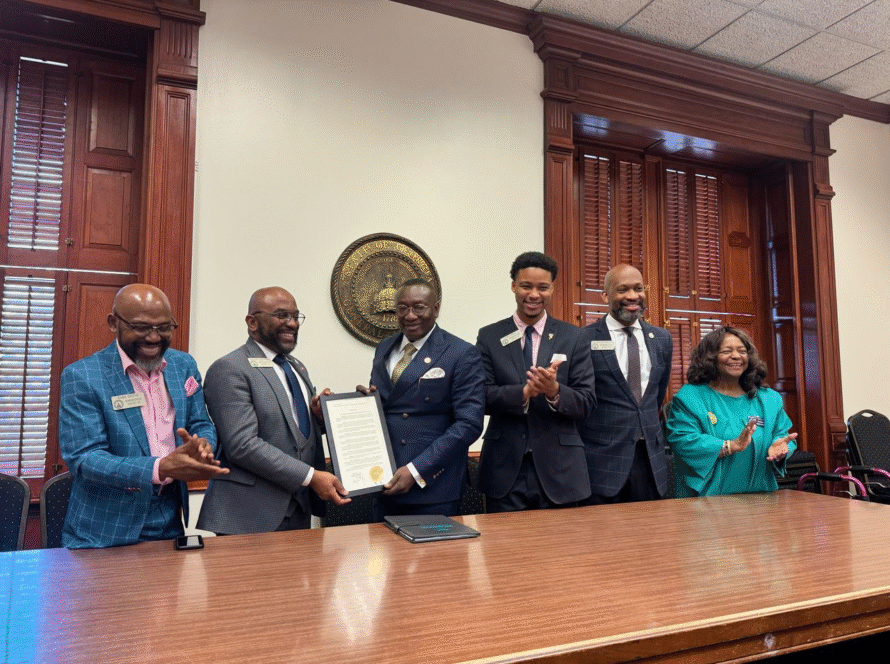He exudes the calm confidence of a truly accomplished man without the desperation for money seen in others. He loves to share whatever he has with people. He’s built for himself an amazing business career that has led to the establishment of his footprints in the real estates, manufacturing, mining, media and finance sectors.
ECONOMIC/ INDUSTRY FOCUS
TVM: The Deputy Minister for Trade and Industry, Hon. Robert Ahomka-Lindsay at the 2nd edition of the Ghana Manufacturing Awards did indicate that Manufacturing is the hope for Ghana and it’s quite critical to our advancement as a country. A lot has been said about building Ghana into an industrial hub to ensure manufacturing is put on a full scale. How do you see it play out? Is it just talk or you see a lot of actions? What kind actions do we need to put in place as country?
EOS: We are seeing signs of actions. It is something we can’t run away from. After independence, our first President, Dr. Kwame Nkrumah, established a lot of industries but mismanagement of those industries led to their collapse. That has obviously made Ghana a more import-based economy and it’s about time we change that trend. We’ve seen some signs of actions but we need to do more.
TVM: Over the past decade you’ve moved from trading to import and probably may have been affected by the dollar at some point. Are there any specific lessons you want the government to pick, maybe one or two that we need to take a look at critically?
EOS: Until we move away from imports and build for ourselves a more industrial-based economy, we will always suffer in the hands of the USD or foreign currencies which is a big issue for any businessman or the country Ghana. I, for instance, started off as a trader and moved into import. I learnt my own lessons as an importer because of the fluctuating rate of the dollar. So, I had to cut down drastically on imports. Currently, I hardly do any imports. You’ll realize that most of the industries that I’ve ventured into are not import-based industries. So, anytime I want to engage in a particular business I try to ensure that, even if it’s an industry, the raw materials needed to be used are mainly obtained from the local market rather than importing them. I’ve had my own fair share of what the dollar can do to a businessman.

I just love the word “special”. I wanted everything of mine to be special; I wanted to do some form of special investments. So, when it came to the mineral water, I said to myself let me stick to the name ‘Special’.
TVM: The government upon assumption of the office sought to move the country from a tax-based economy to a productive-based economy. Considering the tax rebate given to foreign companies, some estimates put it that the country loses about $2 billion annually because of the concessions given to foreign businesses. Are these ideas becoming a reality or they are still fantasies because when you cut down the taxes and it’s not leading to the productivity envisaged then it’s like cutting off the nose to spite the face?
EOS: If the essence of cutting down these taxes are genuine, that is fine. But, I believe most of the rules are not being adhered to. Cutting down taxes is to encourage businessmen but we shouldn’t give foreigners a lot of incentives so they don’t overshadow the local players. It won’t help us as a nation. We need to encourage our people to grow because they are here; they won’t repatriate funds to anywhere as foreign investors do! Local players should be given equal incentives and the focus should not be too much on foreigners. Some of us are even better than them. We should also be treated as investors rather than we being seen as locals and as such not deserving certain incentives when it comes to tax rebates.
Culled from The Vaultz Magazine: “I believe manufacturing is one area that can push the country…”


